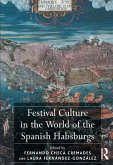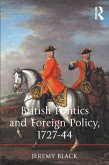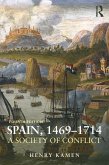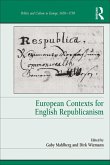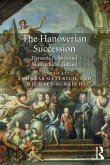Through an investigation of Archduke Albert's (1559-1621) reign as ruler of the Spanish Netherlands, this book offers a new and fuller understanding of international events of the time, and the Habsburg role in them. Drawing on a wide range of archival and visual material, the resulting study of political culture demonstrates how the House of Habsburg functioned as a dynasty during critical years of increasing religious tensions. Based on extensive research in the archives left by the archducal regime and its diplomatic partners or rivals, it bridges the gap between the reigns of Philip II and Philip IV and puts research into the period onto a fascinating new basis.
Dieser Download kann aus rechtlichen Gründen nur mit Rechnungsadresse in A, B, BG, CY, CZ, D, DK, EW, E, FIN, F, GR, HR, H, IRL, I, LT, L, LR, M, NL, PL, P, R, S, SLO, SK ausgeliefert werden.




